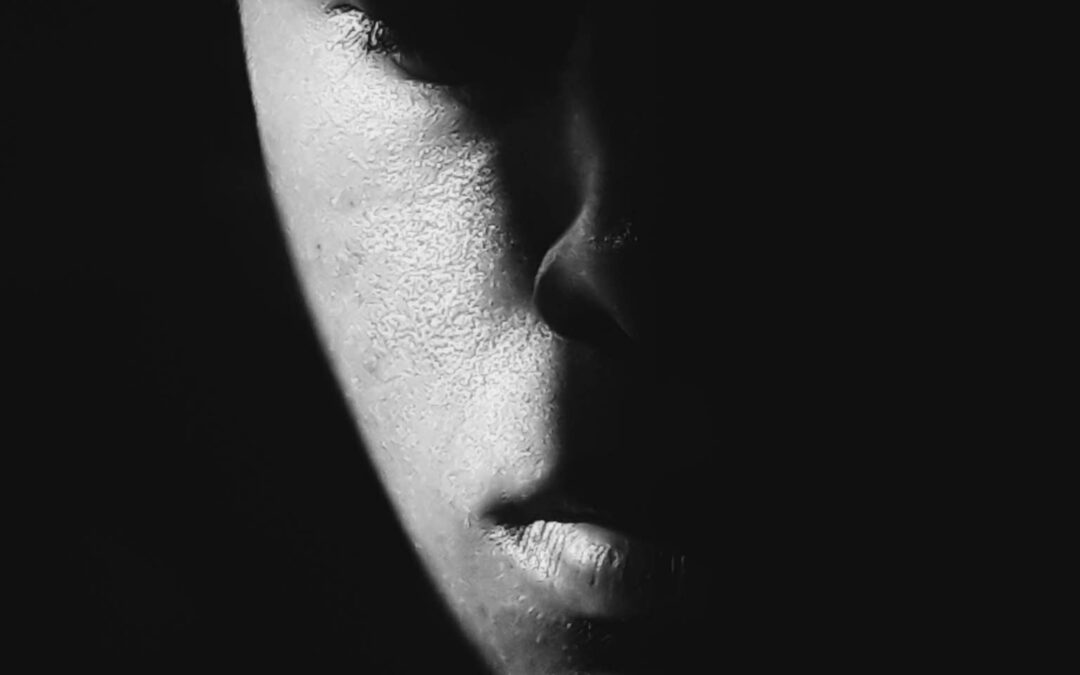A funeral is a time of mourning and remembrance, a chance to honour the life of a loved one who has passed away. When that death is a result of suicide, however, the process can be even more challenging. The stigma surrounding suicide can lead to feelings of shame, guilt, and isolation, making it difficult for families to navigate the complexities of planning a funeral.
Here are some common challenges families may face:
- Stigma and judgment: The fear of being judged by others can make it difficult for families to speak openly about the cause of death. This can lead to a sense of isolation and a reluctance to seek support.
- Guilt and self-blame: Families may experience feelings of guilt or blame, believing that they could have prevented the suicide. These emotions can be overwhelming and can interfere with the grieving process.
- Difficulty finding a funeral director: Some funeral directors may be uncomfortable or unprepared to handle a suicide. It’s important to find a funeral director who is compassionate and understanding.
- Deciding what to say: When writing an obituary or eulogy, families may struggle with how to address the cause of death. It’s important to find a way to honour the life of the deceased without dwelling on the circumstances of their death.
It’s important to remember that you are not alone. There are many resources available to help families cope with the loss of a loved one to suicide. Consider reaching out to a grief counsellor, support group, or suicide prevention organization.
#SuicideLoss #GriefSupport #FuneralPlanning #CopingWithLoss #MentalHealthAwareness #SuicideBereavement #HealingJourney #FuneralSupport #BreakingTheStigma #GriefAndHealing #RememberingALovedOne #CompassionateCare #EndOfLifePlanning #FindingSupport #YouAreNotAlone

